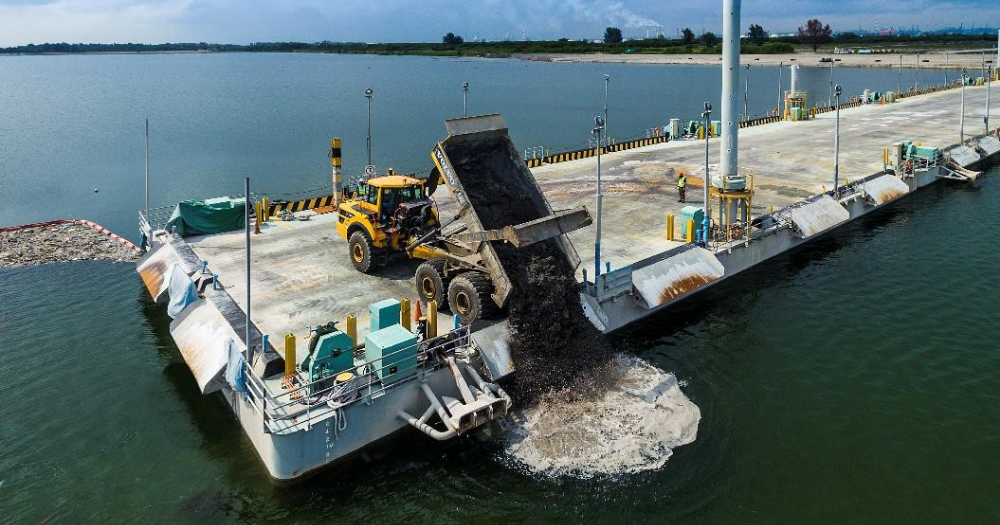
With India facing numerous public health challenges, particularly heavy burdens of visual impairment and non-communicable diseases (NCDs), Union Budget 2025 provides major opportunities for AI to support a healthier future. Experts have urged the government to use AI-enabled healthcare solutions to fill critical gaps in the system, improve early diagnosis, and improve health outcomes for a large population. According to Dr.
Anand Sivaraman, the Founder Director and CEO of Remidio, the time for AI-enabled healthcare couldn't be more perfect: "The Government of India is actively working towards improving healthcare through the Ayushman Bharat Digital Mission, which is commendable. However, during the Union Budget 2025-2026, it will be an excellent opportunity to make comprehensive integration of artificial intelligence into the framework of India's healthcare. Vision impairment and blindness remain the challenges, as India has 275 million people living with visual impairment.

These further include 9.2 million cases of diabetic retinopathy, 11 million people suffering from glaucoma, and 36 million individuals with AMD." He further highlighted: "60 per cent of deaths in India happen because of NCDs.
AI-enabled retinal screening will help in saving lives by preventing heart attacks, strokes, kidney diseases, and complications from diabetes and hypertension." AI in India's Support to the Healthcare Sector Vision Impairment and NCDs The country of India stands as a mixed curse with the double burden between vision associated diseases and chronic diseases. To put all that under a single roof is massive: Vision Impairment: Over 275 million Indians suffer from vision conditions that could otherwise be dealt with in the beginning through screening and intervention.
Non-Communicable Diseases: Chronic diseases-like diabetes and cardiovascular diseases account for fatalities-the preventive ways will definitely save lives.AI-Enabled DiagnosticsThe integration of AI technologies into diagnostics gives birth to numerous advantages: Early Detection: AI-enabled retinal screening instruments can identify early signs of diabetes, glaucoma, and macular degeneration.Predictive Care: AI algorithms can analyse clinical data of the patient from your records to predict risks of heart attack, stroke, and kidney complications.
Cost-Effective Use: AI solutions can be scaled and available in remote areas, thus making advanced diagnostics obtainable with the least financial burden to the individual and healthcare systems. Suggestions for the Coming Budget 2025-26Additional Input Towards AI Research in Healthcare Investment in AI innovation with respect to medical diagnosis and treatment would put India on the world map of technology in healthcare. Setting up dedicated funds for AI research and development can induce growth, fashioning world-class solutions against the backdrop of the unique challenges of India.
Public-Private Partnerships (PPPs) Encouraging government, private sector, and start-up collaborations will help in a quicker development of cutting-edge healthcare technologies. Public-private partnerships are an instrumental mechanism for developing and deploying AI-based solutions in underserved areas. Scaling Infrastructure for AI in Healthcare Investing in healthcare infrastructure such as high-speed internet in rural areas and AI-enabled diagnostic centres is critical for scaling AI solutions nationwide.
Focus on Preventive Healthcare By actively promoting retinal screening and predictive diagnostics, the government could assist in alleviating the burden of long-term healthcare. Awareness-creation programmes on AI technologies for care givers and patients alike also warrant strong attention. Skill Building in AI and Healthcare Training healthcare professionals in the use of AI tools would serve to upskill them and enhance the quality of care.
Expanding the existing skill development programmes to include courses on AI would go a long way in prepping the future healthcare workforce of India. India's healthcare ecosystem is on the threshold of a huge transformation, and AI-enabled solutions can clearly provide a route for improved outcomes. “By strengthening AI-enabled diagnostic and early detection technologies, we can take systemic measures to strengthen our country’s healthcare accessibility and outcomes,” said Dr Anand Sivaraman.
According to the Union Budget 2025-26, a skimming strategy must be adopted for India to be on track toward the leadership of Tech-enabled Healthcare. Other enabling factors include investments in preventive care-based public-private partnerships by investing in AI to guarantee the equitable access of healthcare services to all populations, especially the disadvantaged. The emphasis on innovation and infrastructure will allow India to transform the delivery of healthcare by aligning itself better with the needs of the 21st century.
Get Latest News Live on Times Now along with Breaking News and Top Headlines from Budget 2025, Business Economy and around the world..















